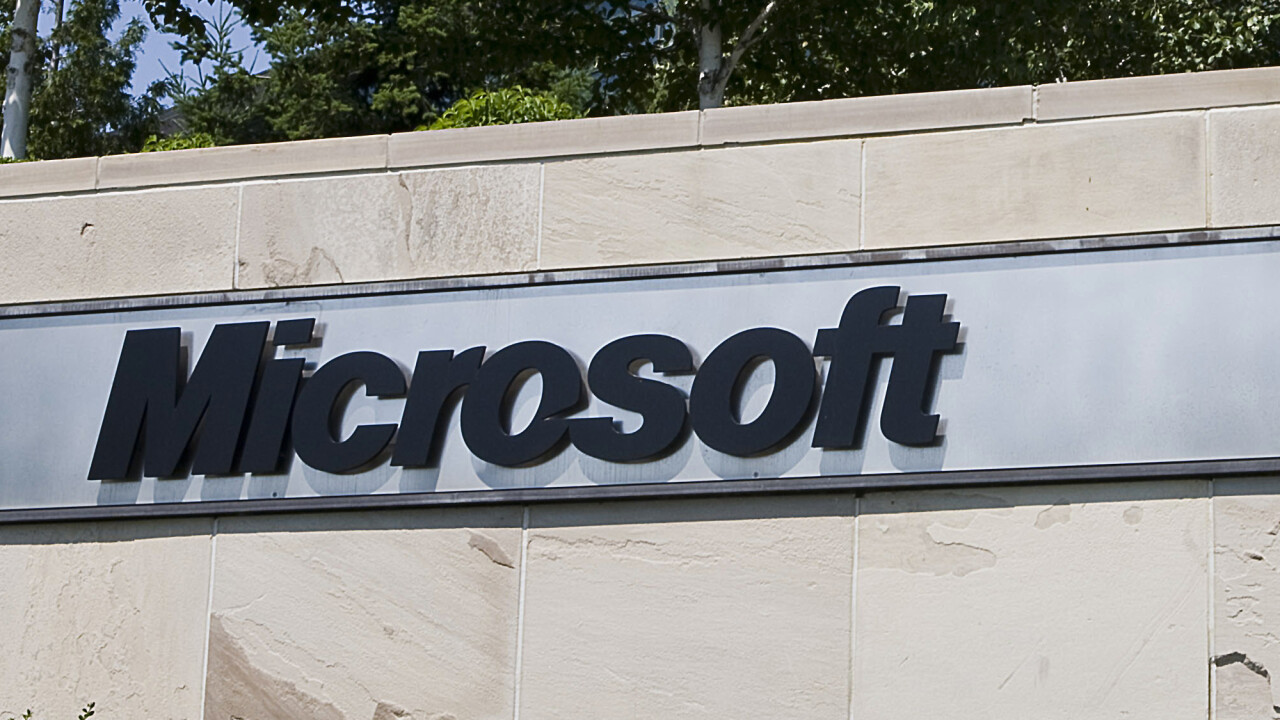
Today Microsoft joined Facebook in releasing partially obfuscated data that helped paint a picture of the company’s requests from the government regarding the data of its users.
Microsoft, stated that “the FBI and DOJ have given us permission to publish some additional data,” but that the company is only “permitted to include the total volume of national security orders, which may include FISA orders” in what it discloses.
Therefore, what we know from the above is only a potion of what the company can state, and the information it can disclose is hard to parse by request.
However, we have the numbers [Bolding: original]:
For the six months ended December 31, 2012, Microsoft received between 6,000 and 7,000 criminal and national security warrants, subpoenas and orders affecting between 31,000 and 32,000 consumer accounts from U.S. governmental entities (including local, state and federal). This only impacts a tiny fraction of Microsoft’s global customer base.
We can directly compare this to Facebook’s more recent statement, as TNW reported at the time:
The social networking company revealed that in the second half of 2012, the total number of user-data accounts requested by law enforcement agencies, whether it is local, state, or federal entities, was between 9,000 and 10,000. These cases often “run the gamut” of issues surrounding missing children, tracking a fugitive, investigating an assault, or potential terrorism. On the whole, up to 19,000 accounts were believed to be queried by the US governments.
That both companies are reporting half-year figures is not a coincidence. It’s interesting that more Microsoft accounts were potentially part of a FISA dragnet than Facebook, a company better known for its consumer market share.
More needs to shake loose. This data release is far from sufficient. However, it does represent a positive unveiling of the working of FISA, and the larger NSA surveillance programs. What we can garner from what we know so far is that you are not part of the program, at least statistically. That said, watch your ass.
Image credit: Getty Images
Get the TNW newsletter
Get the most important tech news in your inbox each week.





